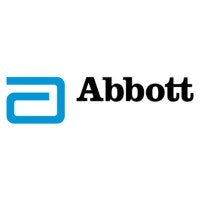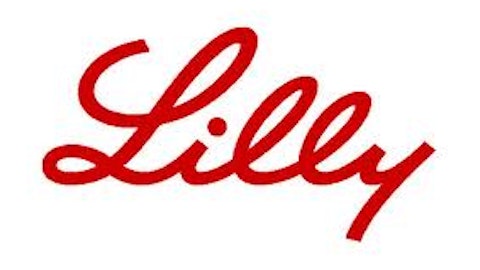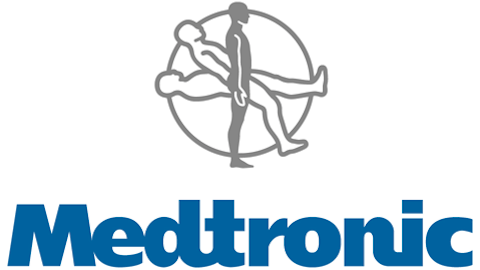It’s not an easy time to be a health care investor.
Between the patent cliff, taxes, and Europe’s meltdown, there’s enough information and legislation swirling about to keep concerned shareholders up for days. Perhaps the biggest trend of a changing industry has come from spinoffs, however: Abbott Laboratories (NYSE:ABT) made waves in health care by offloading its pharmaceutical business, and other companies have joined in the spinoff game by dumping unwanted divisions.
With some of the biggest players in the industry shaking things up, investors are left wondering what to make of companies they’ve invested in — and what to expect from the future. Let’s take a look at Abbott Labs and its global business it needs to perform strongly in the future: established pharmaceuticals.

With the loss of its branded pharmaceuticals, sales of established pharmaceuticals, or generic drugs, has become of major importance to Abbott. The division is the second-largest business unit by sales for the revamped company, posting revenue of $5.1 billion last year, second only to Abbott’s nutritionals segment and making up around a quarter of total sales. Abbott produces a number of products in the segment, with hundreds of drugs in its portfolio. The division only saw year-over-year operational sales growth of 2% in 2012, however — far below that of other divisions in the new Abbott, such as diagnostics.
Generic drugs may not offer the types of cutting-edge products of proprietary medicines, but they do give Abbott access to a growing segment for the future: emerging markets. The company’s generics business only does business outside of the U.S. right now, and it’s helped Abbott’s drive to push into untapped and growing economies. Abbott’s $3.7 billion purchase of India’s Piramal Healthcare Limited’s branded generic drug business in 2010 opened wide a market that’s expected to double between 2010 and 2015, at the time making Abbott the largest drugmaker in India.
Generic drugs in India made up between 70% to 80% of the country’s retail market in 2010, according to McKinsey & Company. Other emerging markets offer upside to Abbott: China has pushed to bring down health care costs by pushing generic drugs, earning the ire of big pharma but creating an opportunity for Abbott.
However, Abbott will face competition. Growing worldwide companies like Dr. Reddy’s Laboratories Limited (ADR) (NYSE:RDY), which is headquartered in India, have also tapped emerging markets for growth and future sales, while even generic giants like Teva Pharmaceutical Industries Ltd (ADR) (NYSE:TEVA) have begun turning to developing economies. After Teva’s U.S. sales of generics slumped in 2011, the company has found a groove in the growing economic power of emerging markets. Given the weak patent protection in many emerging markets, Abbott and its rivals will face more even competitive footing than big pharma and other proprietary drug makers lack against local competition.




